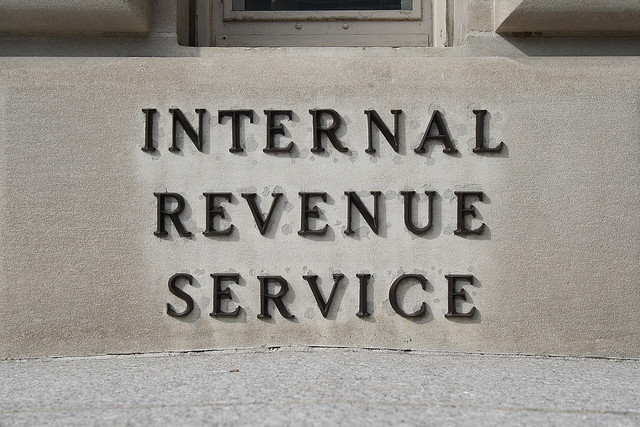
The IRS’s Exempt Organizations (EO) Unit, the division responsible for reviewing the applications of political non-profits may still be improperly targeting conservative non-profits, according to a report by the Government Accountability Office.
The EO Unit has come under scrutiny in the past following revelations that they had been targeting conservative non-profits under the leadership of Lois Lerner in 2011. Clearly, the agency did not take the proper steps to improve controls and ensure that nonprofits are being treated fairly, regardless of political affiliation.
According to the report, countless controls are insufficient, not being followed, or have not been implemented which increases the risk that non-profits could be targeted based on political affiliation. As the report notes:
“Taken as a whole, these control deficiencies increase the risk that EO could select organizations for examination in an unfair manner—for example, based on an organization’s religious, educational, political, or other views.”
The GAO also found that the agency is failing to monitor examinations and database files. As a result, the approval of selection decisions was not monitored, despite the agency being required to do so. As the report notes:
“GAO’s analysis of a sample of files suggests that an estimated 12 to 34 percent of cases where staff initially selected an organization for examination, but ultimately decided not to perform the examination, were missing the indication of management approval of the final decision, as required in the IRM.”
In many cases compliance checks, compliance reviews, and Exempt Organization Compliance Area (EOCA) classifications are not covered by the same standards as other agency guidelines. As the report states, this means EO staff could deviate from procedures and unfairly target non-profits for scrutiny:
“Reliance on procedures that are outside of the IRM creates the risk that EO staff could deviate from procedures without executive management approval, which could result in unfair selection of organizations’ returns for examination.”
GAO recommended that the IRS improve selection control design and implementation and provided ten actions to the EO unit. While the IRS agreed with all recommendations, they characterized all GAO findings as “hypothetical.”

